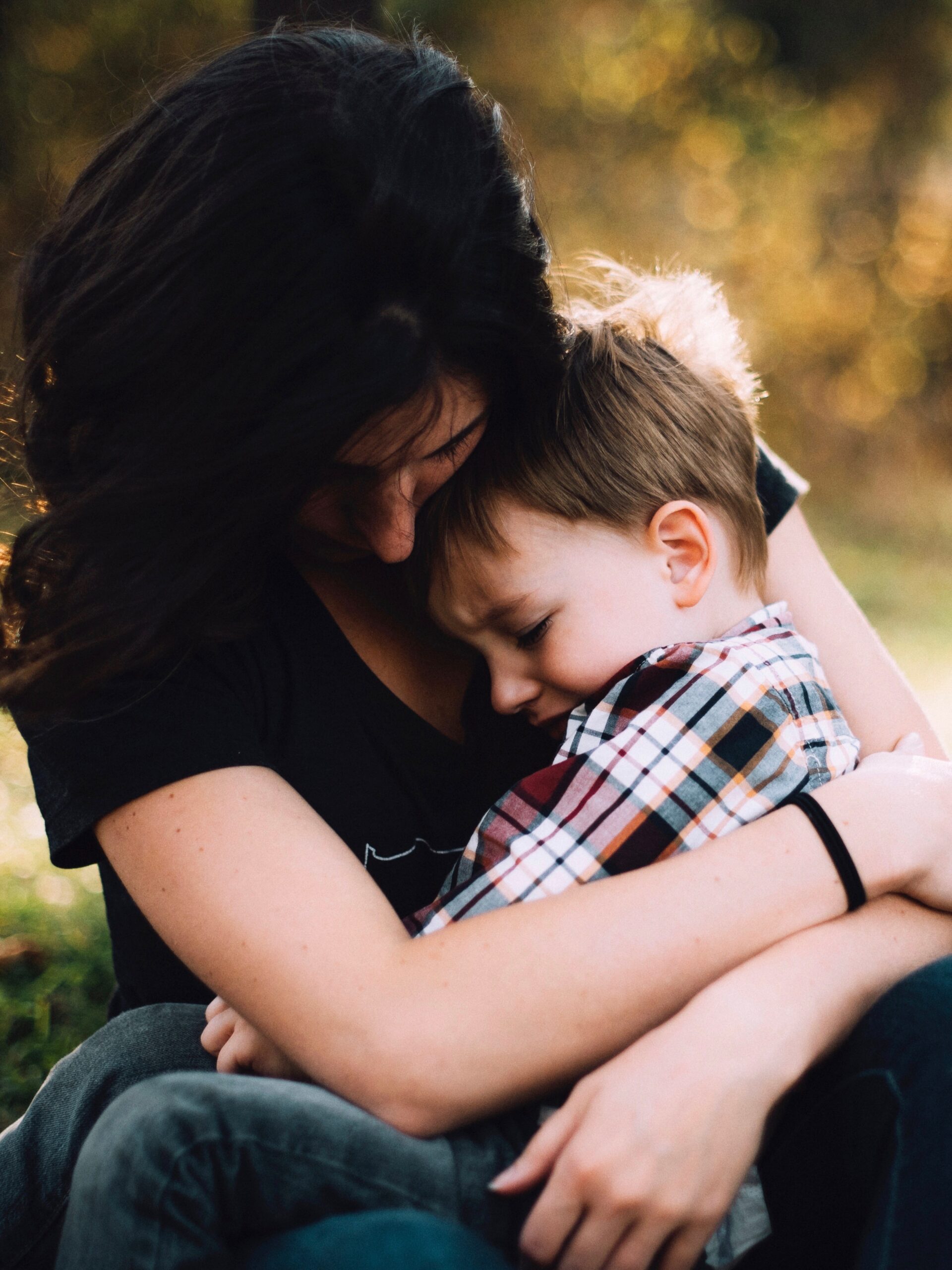
October has arrived along with its spooky and scary reminders. As adults we understand what is fictional and fun but for those with extreme fears, this can be a challenging time. Fears can range from spiders to climbing a steep staircase. For some children, these fears can be so overwhelming that they become part of their everyday lives. If you’re struggling to help your child overcome an irrational fear, here are four tips to get started.
Talk to your child
Focus on understanding why your child has the fear. Remember, not all children can articulate their fears in words. To assist your youngster in explaining it, pose specific questions.
For example, if your child is afraid of the dark, you can ask, “Are you scared because you can’t see anything with the lights out?” “Did you watch something that makes you fear the dark?”
Once you know where the fear stems from, move on to the next step.
Break the fear down
Confronting a fear head-on can exhaust your child. Take manageable actions to overcome their fear instead. Ask your kid to assist you while drafting those little steps, so they trust the process.
To begin with, you could leave a wide gap in the door to let some light from a nearby source enter. Once your child is comfortable with that, narrow the gap down. Continue narrowing it until your child is comfortable sleeping with the door closed.
Focus on the child, not the fear
Avoid talking about the fear negatively, and instead focus on helping your child understand and manage their own emotions. For instance, tell your child how mom and dad are safe despite sleeping with the lights off every night.
Your youngster may realize that their fear is unfounded when you rationalize it to them.
Encourage them
When your child overcomes a fear, express your pride to them. Your youngster develops a growth mindset when you stress the value of progress, so make sure you praise them every step of the way.
If your child becomes so fearful that it interferes with daily life and play, seek professional help. Irrational fears and worries can turn into anxiety. Children do experience anxiety and are able to manage it on their own with the help of a trained professional.






